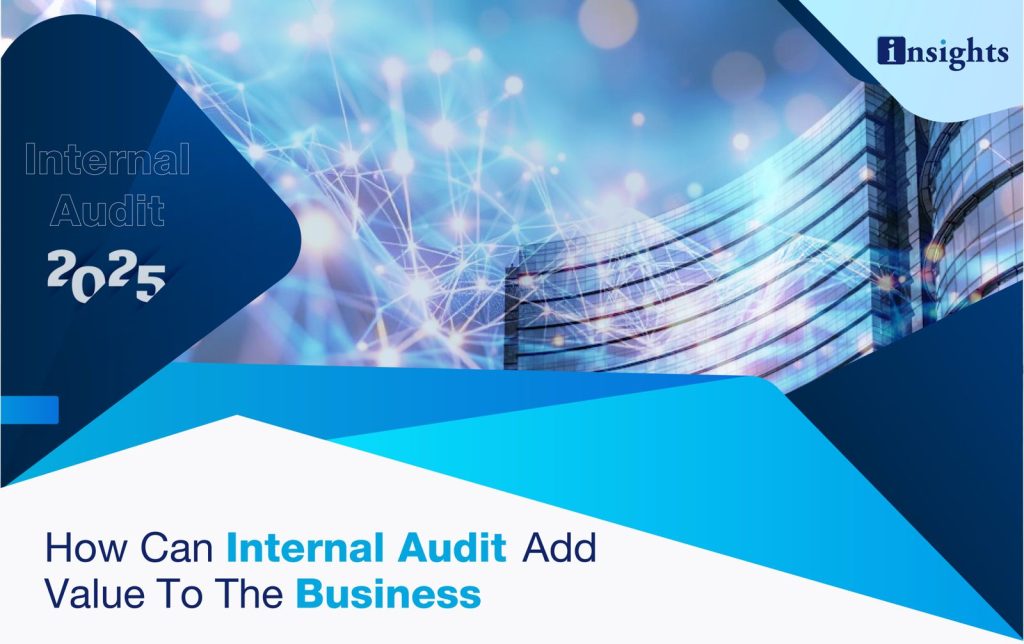In today’s fast-evolving UAE business landscape, internal audit has moved beyond compliance to become a strategic driver of value. By aligning with enterprise goals, applying proactive risk insights, and leveraging data analytics, it supports resilience and growth. This article explores how can internal audit add value to the business by enhancing strategic planning, risk management, and operational excellence while highlighting how Insights UAE can help unlock its full potential.
Aligning Internal Audit with Strategic Objectives
Internal audit adds significant value by aligning closely with organizational strategy. No longer just transactional reviewers, 82% of high-performing audit functions now tie plans to C-suite priorities, leading to 3.2x higher stakeholder satisfaction and 45% faster risk response times.
FAQs:
- How are UAE internal audits evolving in 2025? Shifting toward analytics, cybersecurity, ESG, and strategic risk, 68% of CAEs plan to invest in analytics tools.
- How often should audits occur? Annual plans remain, but high-risk areas need quarterly or continuous reviews; regulators expect proactive oversight.
- Can SMEs benefit from audits? Yes, 2025 data show audits reduce fraud by 25–40% and boost efficiency by 15–20%.
- How is tech transforming audit? AI and analytics streamline workflows, risk mapping, and dynamic reporting.
- How does compliance add value? Beyond fines, it builds trust, enables federal tender access, and boosts valuation.
- What’s the impact of Federal Law No. 41/2023? Licensing raises audit standards and strengthens the credibility of internal reporting.
In the UAE’s ambitious and regulated environment, the internal audit function must evolve from a traditional compliance body into a strategic partner. Understanding how can internal audit add value to the business is not theoretical—it is practical, measurable, and indispensable.

